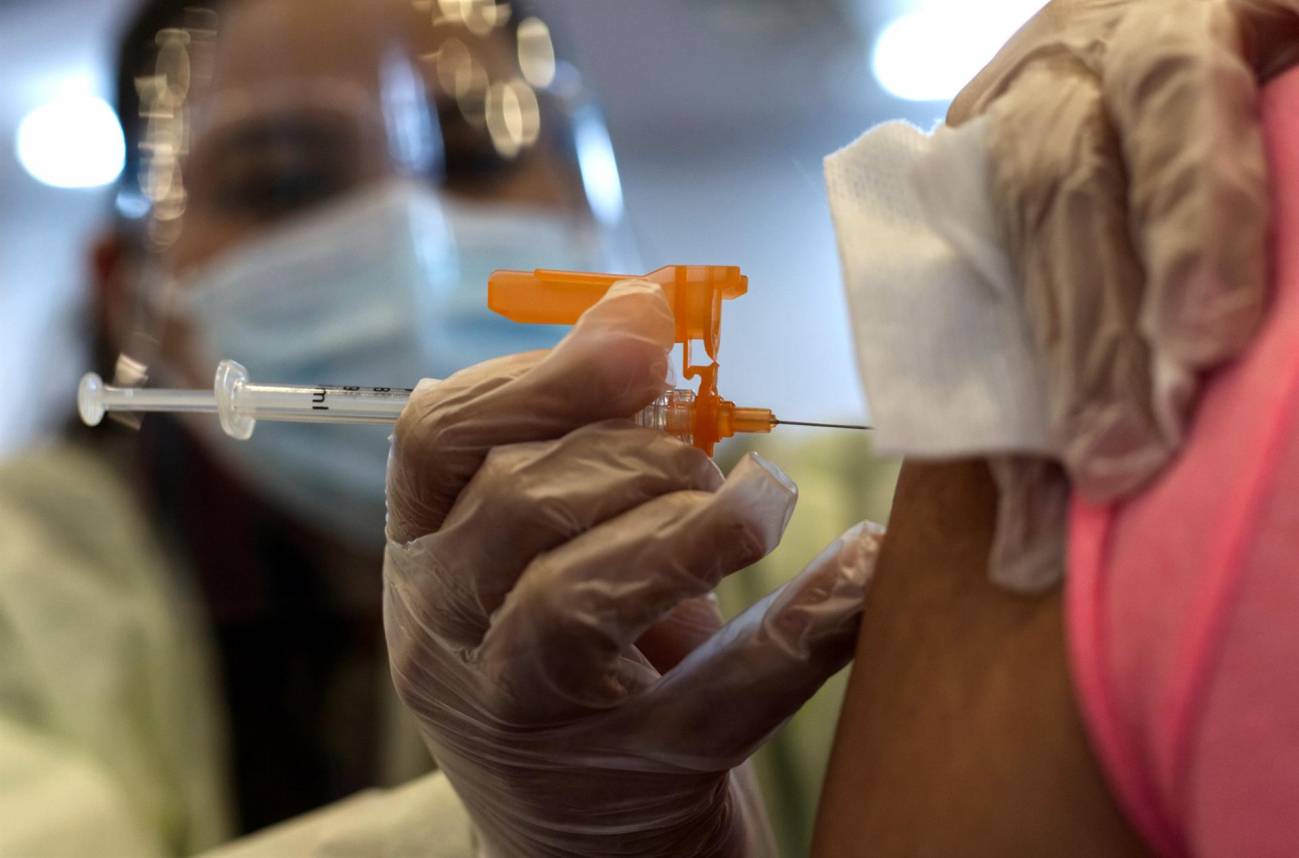Reactions to expert panel recommendations to end covid-19 threat
A panel of 386 academics, led by ISGlobal (Barcelona), has established a series of recommendations to end the threat of covid-19 following the Delphi method, a prospective technique based on the search for consensus among a group of experts. The results are published in the journal Nature.

Rafael Cofino - Delphi covid EN
Rafael Cofiño
Associate Professor at the Andalusian School of Public Health.
I think this is an interesting study to provide more knowledge about proposals in the field of public health in terms of covid. It is interesting that a methodology with a Delphi study is published to highlight that there are other ways of looking at reality beyond the positivist-quantitative approach and that mixed methods can be used that combine qualitative and quantitative analyses, as in this case.
But it is important to know that the Delphi approach, as is also the case with purely quantitative analyses, gives only a partial view of reality. For example, the consensus is the consensus of the group of 386 academics who participated. This is typical of purposive sampling in qualitative or mixed methodologies. On the one hand, this is powerful because it gathers information from key people at the global level, but, possibly, it has excluded other perspectives.
It would have been good to take into account the profiles that have participated. Within public health, the profile has often been very epidemiological, more attached to infectious diseases than to social epidemiology and social sciences. In other words, it would be necessary to see whether the "public health" category has a good representation of the social sciences.
In the case of our country's participation, I would like to insist that the pandemic has often been narrated from centralised territories (Madrid, Catalonia) and we have not listened much to the discourse of what has happened in other peripheral territories, where the pandemic has been very different in some respects.
Manuel Franco - delphi
Manuel Franco
Head of International Relations at the Spanish Society of Public Health and Healthcare Administration (SESPAS), organiser of the 2026 European Public Health Conference (EUPHA), Ikerbasque Research Professor at the Basque Centre for Climate Change (BC3) and professor and researcher at the universities of Alcalá and Johns Hopkins
This study is extremely interesting because of the key public health issues it addresses and because of the way in which it was carried out, with 386 experts from very different areas in 112 countries and territories recommending specific actions to put an end to the global danger posed by the COVID-19 pandemic.
The six domains highlighted by the results of this Delphi study to reach consensus are very interesting: communication; health systems; vaccination; prevention; treatment and care; and inequity.
It is very interesting to see the coincidences with other panels such as the Lancet panel or the ideas proposed by other Spanish researchers to evaluate the pandemic.
The Delphi methodology carried out is very complete and very well described. The implications are enormous for this and other future pandemics or serious public health problems.
SESPAS will be discussing several of these issues in a workshop we have proposed for the EUPHA conference in Berlin next week.
- Research article
- Peer reviewed
